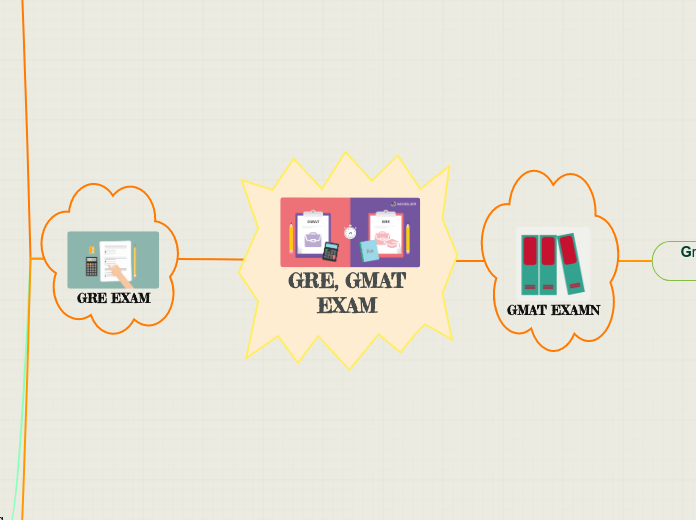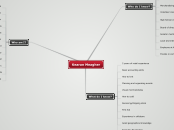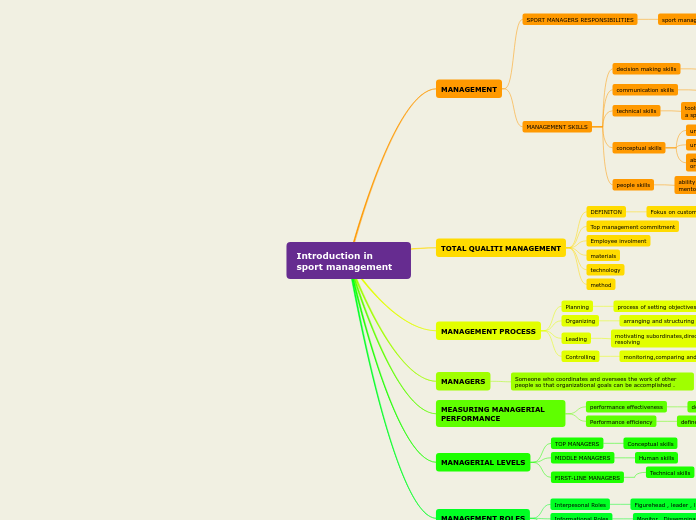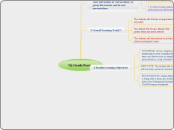Reference: ESPE (2023). GRE AND GMAT. Theme 6. Recovered from: https://evirtual.espe.edu.ec/programas_scorm.cgi?id_curso=24080&id_unidad=274013&id_pkg=123072&wAccion=ver_scos
GRE, GMAT EXAM
GRE EXAM
Test Structure
Analytical Writing
Criticize the author's argumentation, analyzing his evidence and reasoning.
Connect your statements with clear transitions.
Develop and organize their ideas in a thoughtful and logical manner.
Clearly identify and analyze the parts of the argument.
2 analytical writing tasks
Analyze an argument
Measures the ability to understand, analyze and evaluate arguments.
Analyze a problem
Measures the critical thinking ability of students.
Paper-based or computer-based tests.
Consist of questions that reflect the thinking and skills students need to be successful in graduate programs, including business and law
test measures
Quantitative reasoning
Questions Types
Numeric Entry Questions
Select one or more answer choices
Select one answer choice
Quantitative comparison questions
Areas to assess skills
Data analysis
Counting methods
Conditional probability
Elementary probability
Interpretation of data in tables and graphs
Descriptive statistics
Geometry
Ability to construct proofs isn't tested
Pythagorean theorem and angle measurement in degrees
Parallel and perpendicular lines
Algebra
Operations with exponents, coordinate geometry, graphs and slopes of lines.
Arithmetic
Arithmetic operations, exponents and roots, and concepts
Properties and types of integers
Skills
To model and solve problems with quantitative methods
Ability to reason quantitatively
Understanding of elementary mathematical concepts
Verbal reasoning
Sentence Equivalence
The structure consists a singlé sentence with , one blank and six answer choices
Students have two select two options
Text Completion
Structure
Single correct answer.
Answer choices
Three answer choices per blank .
One to three blanks.
Composed of one to five sentences.
Create a coherent and meaningful whole.
Short passages.
Essential words are omitted.
Fill in the blanks.
Reading Comprehension
Length from one paragraph to four or
five paragraphs.
Subject matter areas
Humanities
Social sciences
Natural sciences
Select-in-Passage
Select the sentence that meets a certain description.
select one or More Answer Choices
Multiple-choice Questions
Select One Answer Choice
Measures the ability to
Select important points.
Understand the meaning of individual
words, sentences and entire texts.
Analyze and draw conclusions
from discourse.
GMAT EXAMN
Graduate Management Admission Test
The content on the GMAT is broken down into four scored test sections:
4. The Quantitative reasoning
There are two types of questions
Data Sufficiency
To recognize which data is relevant, and determine what point there are data to solve the problem.
Problem Solving
To use logic and analytical reasoning to solve quantitative problems and to indicate the best of five answer choices
To measure the ability to reason mathematically, solve quantitative problems, and interpret graphic data.
62 min
31 prompt
51 points max
3. The Verbal reasoning section
Three types of questions
c. Sentence Correction measures
b. Critical Reasoning assesses
a. Reading Comprehension measures
65 min
36 prompt
51 points max
2. The. Integrated reasoning
The Integrated Reasoning section tests the ability to:
4. Combine and manipulate information to solve complex problems.
3. Organize information to see relationships and solve problems.
2. Evaluate relevant information from different sources.
1. Synthesize information presented in graphics, text, and numbers
Types of questions
d. Two-Part Analysis-Measures
c. Graphics Interpretation-Measures
b. Table Analysis-Measures
a. Multi-Source Reasoning-Measures
30 min
12 prompt
8 points max
1. Analytical Writing Assessment or Essay
Critiquing the author's argument, analyzing the author's evidence and reasoning.
3. To connect their statements with clear transitions.
2. To develop and organize their ideas thoughtfully and logically.
1. To clearly identify and analyze parts of the argument.
30 min
1 prompt
6 points max
It measures the ability to analyze and evaluate written material, think critically, and solve problems.opic
To assesses the command of basic arithmetic, algebra, geometry, multi-source data analysis, and grammar.









